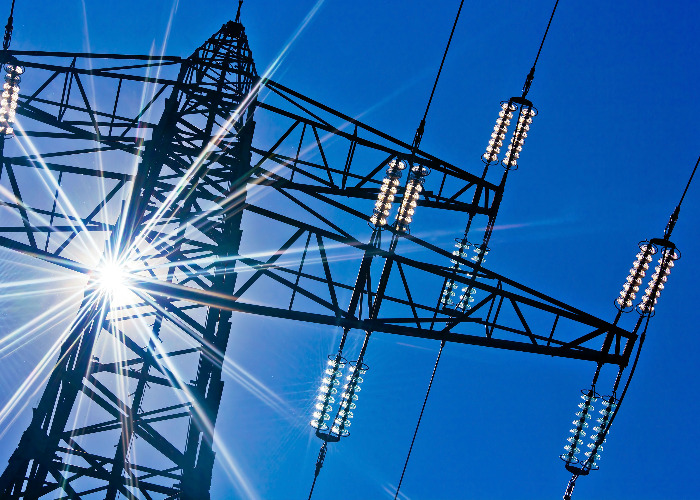Green energy tariffs: Ofgem admits customers being 'misled'

The regulator says it knows that energy suppliers are overegging their green credentials ‒ but will it do anything about it?
There’s no doubting that as a nation we are talking more about what we can do to help the environment.
According to a poll by YouGov last month, the environment is ranked third on the most important issues facing the country, behind only the handling of Brexit and health, and ahead of the likes of immigration, housing, crime and the economy.
And for every person who wants to give the environment a boost by reducing their use of plastic or being more proactive with their recycling, there are plenty of others who want to make more responsible choices with their money.
One way they can do that is by going for a ‘green’ energy tariff, one of the deals on offer from suppliers large and small which ‒ you might expect ‒ boast significant amounts of energy coming from renewable sources.
The trouble is, all too often these tariffs aren’t nearly as green as you might think they are.
Search for a cheaper energy deal today
Only 1 in 9 deals actually green
A study last year by price comparison site CompareTheMarket looked into the actual credentials of the various tariffs flagged up on the market as being green.
And it made for pretty surprising reading.
Of the 54 dual-fuel deals that claim to have at least some green component, just six were entirely green, with all of the energy coming from renewable sources.
For the rest, the actual amount of renewable energy in play was incredibly variable ‒ some of these apparently environmentally-friendly deals had a paltry 15% of the energy coming from renewable sources.
Instead many of the tariffs tested relief on carbon offsetting schemes.
Here, the supplier basically buys carbon credits to offset the carbon produced through the energy included in the tariff.
CompareTheMarket rather charitably described the labelling of these tariffs as “confusing”, noting that while the desire is there from households to sign up for environmentally-friendly energy deals, what’s being offered at the moment “doesn’t quite meet the mark”.
The energy regulator Ofgem is well aware of providers over-egging just how green their tariffs are in a bid to attract customers who are concerned about the environment and has now warned that it could take action against them.
Acting on greenwashing
Ofgem has published a ‘decarbonisation action plan’, outlining the various ways it wants to support the growth of renewable energy across the nation.
And it highlighted that while rising numbers of households were keen to sign up to green energy tariffs, as they were keen to help tackle climate change, there was a danger that they would be steered towards tariffs which overestimate their green credentials.
The report said: “We are aware of growing concerns about ‘greenwashing’, where the environmental impact of a particular tariff or supplier is overstated.
"We expect suppliers to be transparent about what constitutes a ‘green tariff’ and we will undertake work to ensure that consumers are not misled.”
Of course, it’s one thing to say that it expects providers to play fair, but it’s quite another to actually do something about it.
Too often regulators are criticised for being too passive, for giving the firms under their supervision too much leeway.
There need to be serious consequences for firms that ‒ let’s be honest ‒ lie about how environmentally friendly their ‘green’ tariffs are.
Without those repercussions, there's every chance that suppliers will continue to chance their arm, misleading the public in a bid to win more customers and boost their profits.
Search for a cheaper energy deal today
Doing my green homework
Until Ofgem decides to take meaningful action on this, it will be down to us as customers to research just how green our tariffs are before signing up.
You won’t be shocked to hear that this isn’t always that straightforward, but any supplier that is happy to advertise a green tariff should be able to justify why it merits that description.
If you decide that a tariff where only 20% of the energy is coming from renewable sources isn’t up to snuff, then you’ll have to keep shopping around.
Comments
Be the first to comment
Do you want to comment on this article? You need to be signed in for this feature